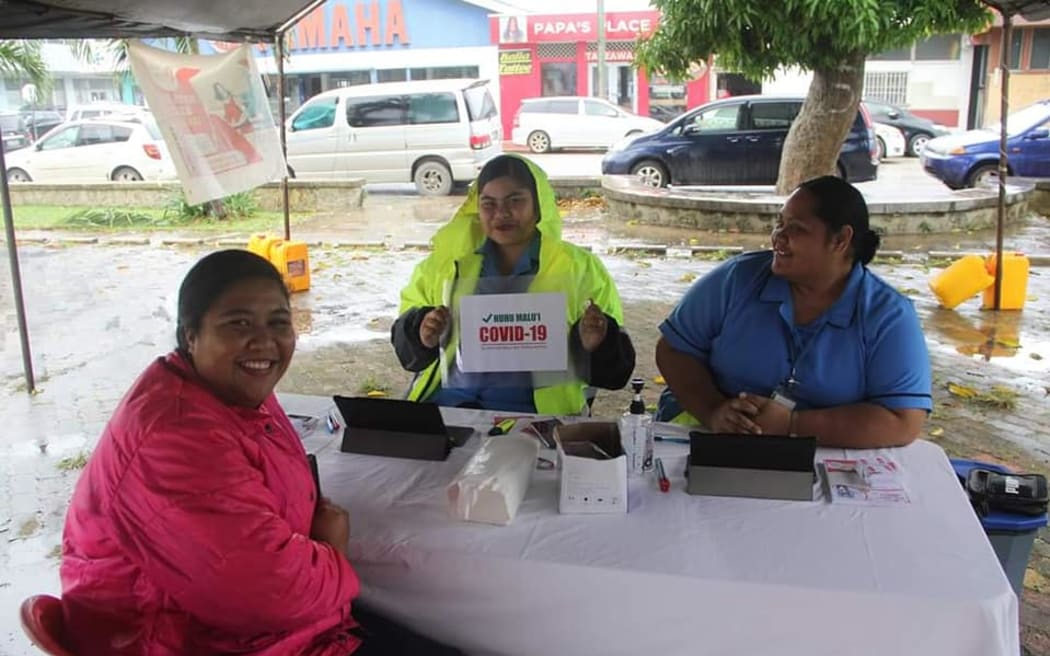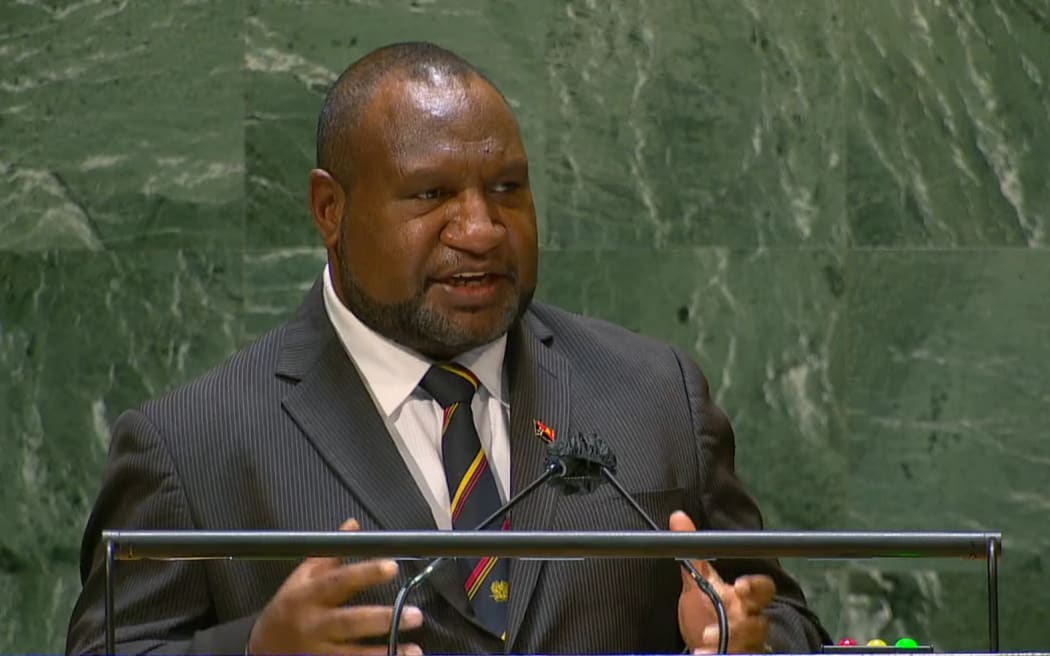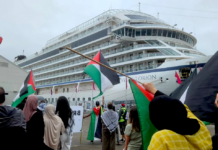ANALYSIS: By Romitesh Kant
A shortage of resources and investment from major digital platforms has left the Pacific region battling a campaign of misinformation and under-moderation.
Word spreads fast through the “coconut wireless”, the informal gossip network across Pacific Islanders’ social media.
But when such rapid proliferation is spreading false or misleading news, it becomes a problem that requires resourcing and commitment to solve.
The Pacific is currently a global hotspot for misinformation.
The ability of Pacific island countries and territories to respond to “infodemic” risks online has been exposed by the covid-19 pandemic.
Misinformation about the pandemic has persisted online, despite efforts by Pacific governments, civil societies, citizens, media organisations, and institutions to counter it.
The Pacific presently has the smallest percentage of their population using the internet and social media compared with the rest of the world.
Internet difficult, costly
Internet provision is made more difficult and costly in the Pacific due to the region’s unique geographic features. A lack of high-capacity cables and other technical infrastructure has also held back Pacific connectivity.
New undersea cables are arriving in the region, such as the Australian-financed Coral Sea Cable, connecting Sydney to Port Moresby and Honiara, ending decades of reliance on slow and expensive satellite connections.
These cables, along with other planned reforms and upgrades, are expected to increase the number of mobile internet users in the Pacific by about 11 percent annually between 2018 and 2025, according to estimates by industry groups.

More access has rapidly changed how government officials communicate with the public and shifted perceptions of politics.
Both Kiribati and Vanuatu broadcast their national election results live on Facebook.
In Kiribati, the 9400-member Kiribati election 2020 group posted photos of handwritten vote totals. In Vanuatu, the national broadcaster streamed the entire ballot-counting process on Facebook Live.
Sparked by the rollout of mobile broadband across Papua New Guinea, hundreds of thousands of citizens now read the latest news and monitor happenings in Port Moresby through blogs and Facebook groups filled with lengthy discussions and heated calls to action.
Flipside over access
The flipside to such access is that false online rumours and scams directly targeting Pacific people have spread rapidly through Facebook groups and closed messaging applications.
Rising internet access may be exacerbating the problem of child sexual exploitation online.
In some regions of Papua New Guinea, hate speech, harassment, and harmful rumours can sometimes lead to actual acts of violence.
Local politicians in the Pacific are starting to recognise the potential of social media, but unethical online influence techniques can go undetected if proper transparency measures and safeguards are not implemented.
Facebook, for one, has implemented its transparency systems to curb hidden manipulation of its advertising features for partisan ends.
Journalists and investigators in dozens of larger markets use these tools to reveal voter manipulation, but most Pacific island nations are yet to adopt them.
The lack of transparency makes it very difficult for observers to track what political actors are saying online, especially as Facebook’s advertising system allows different messages to be targeted to different parts of the population.
Fake Facebook accounts
Social media companies make little effort to reach out to Pacific leaders, which may explain why so few public figures in the region use the “verified” badges that are useful in helping distinguish official accounts from personal ones.
Papua New Guinea Prime Minister James Marape found that out the hard way — fake Facebook and Twitter accounts were created in his name, and his lack of verification made the real profile harder for users to distinguish.

Some governments have threatened to completely block social media to curb the spread of content they deem immoral, harmful, or destructive to established norms and values.
Nauru’s government blocked Facebook from 2015 to 2018, and Papua New Guinea and Samoa hinted at blocking the platform multiple times over the past few years.
In 2019, Tonga considered a ban on Facebook to prevent slander against the monarchy.
Social media bans are rarely implemented, and face fierce opposition from free speech advocates and users.
The frequency with which such measures are proposed in the Pacific reflects a sobering reality: communities in the region often lack the protections that communities elsewhere in the world rely on to address harmful content and abuse on social media.
Rule-breaking content
Current systems for moderating content on social media are not effective in the Pacific. These systems rely on algorithms that flag rule-breaking content in multiple languages, human reviewers who make determinations on flagged material, users who voluntarily report content violating the rules, and legal requests from law enforcement officials.
Social media platforms do not prioritise hiring from the Pacific region, where there are comparatively fewer people. They do not invest in developing language-specific algorithms for languages like Tongan, Bislama, or Chuukese, which have a smaller user base.
Despite the growing importance of third-party fact-checking partnerships, no Pacific Island country is home to a dedicated fact-checking team.
All claims in Australia and the Pacific islands are referred to the Australian Associated Press’s fact-checking unit. Pacific social media users are missing out on one of the few tools that global social media companies use to strengthen information ecosystems due to the lack of a robust local fact-checking organisation.
All signs point to an increase in the dangers posed by false and misleading information in the months and years ahead, as both state and non-state actors attempt to steer online discourse in service of their strategic goals.
Politically-motivated domestic and foreign actors (or proxies) regularly attempt to manipulate online platforms and social media worldwide. These efforts are highly diverse, always in flux, and frequently related to more extensive political or national interests.
At least one organised effort to spread false information online about the West Papuan conflict has already occurred in the Pacific.
Dangers posed
External pressures and crises will amplify the dangers posed by these campaigns, as they did during the covid-19 pandemic when an excess of data and a lack of apparent credibility and fact checking allowed rumours to spread unchecked.
Rising tensions between the developed world and China add to the already complex political situation, and the narrative tug-of-war for influence among significant powers on Covid-19 is likely to continue.
There is a risk that online misinformation from foreign media will increase due to this competition for narrative dominance, leaving countries in the region vulnerable to influence operations that target online discourse, media, and communities.
More robust local capacity (outside of government) to identify problematic content and bad actors online is necessary for the region to recover from Covid-19 and respond to future crises.
This includes better coordination among regional institutions and governments, increased engagement between social media companies and Pacific leaders, and more thorough reporting of online problems.
Foreseeing and preparing for future potential threats to health and safety is something that leaders can do now.
Romitesh Kant is a Fiji PhD scholar at the Australian National University, and a research consultant with more than 10 years’ experience in the fields of governance, civic education and human rights. He is also a contributor to Pacific Journalism Review. This article was originally published on 360info under Creative Commons and RNZ Pacific. It has been republished with permission.
Article by AsiaPacificReport.nz






